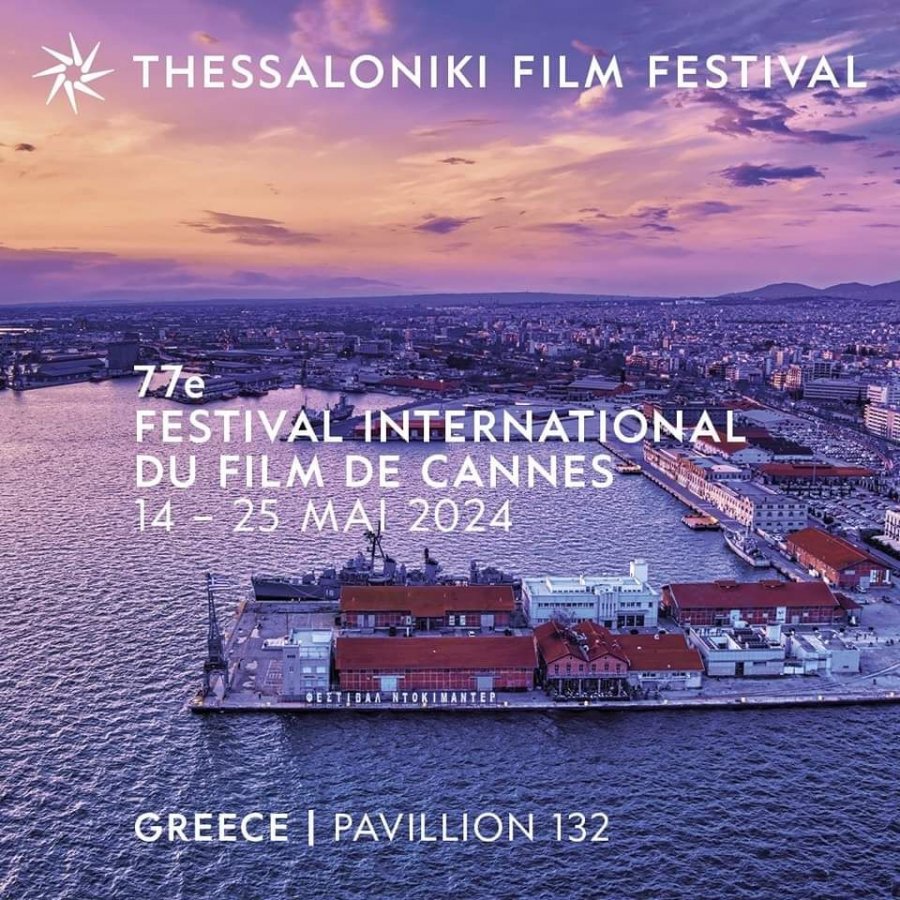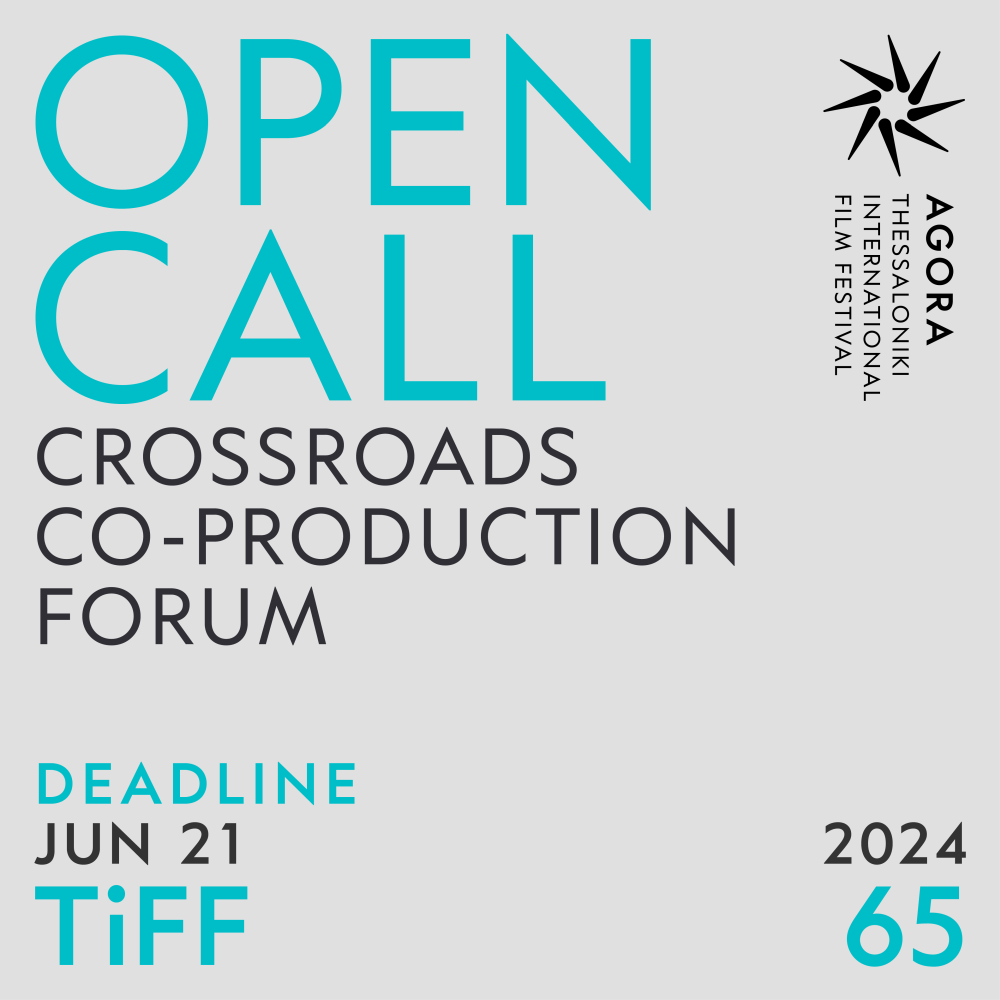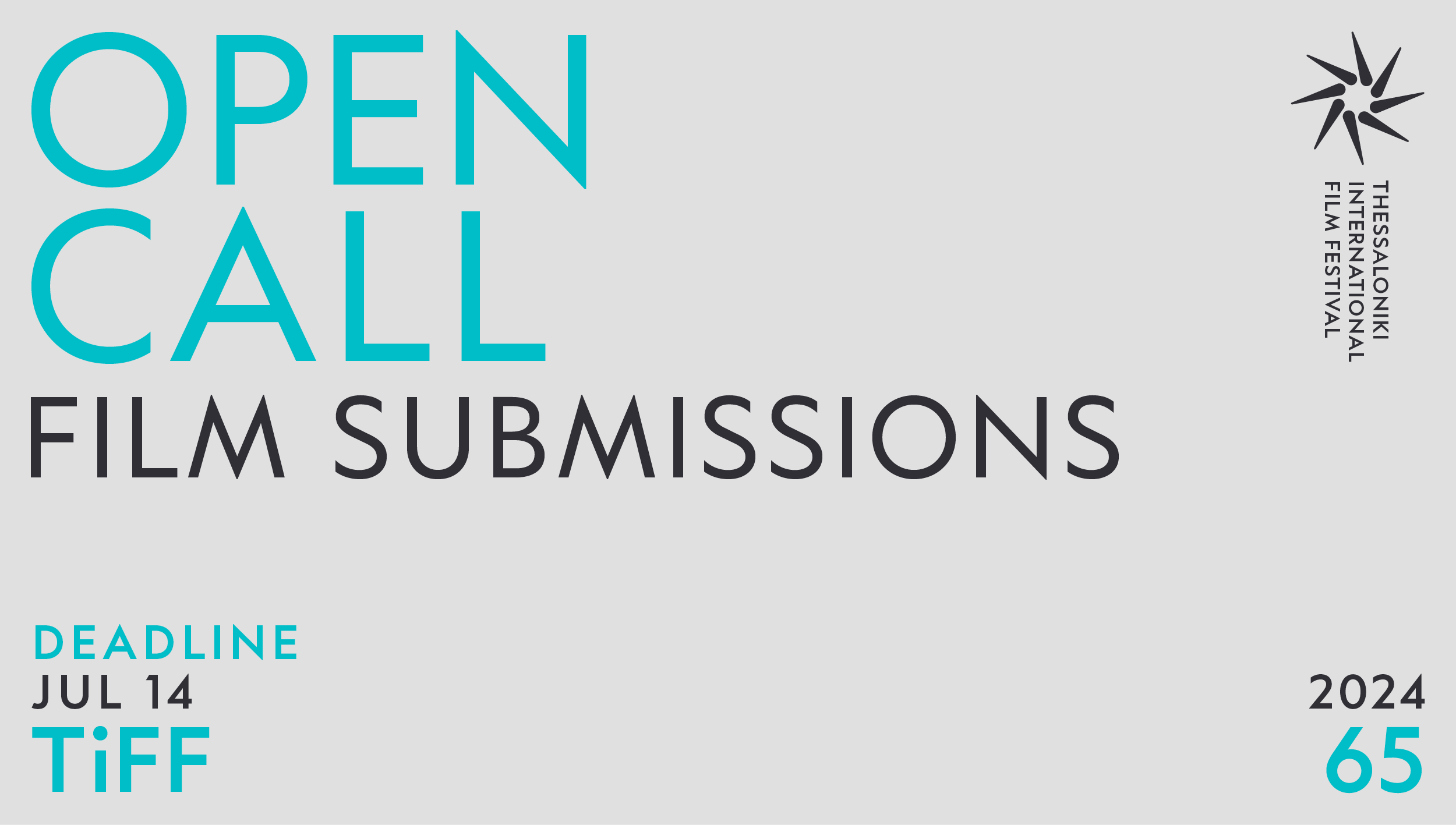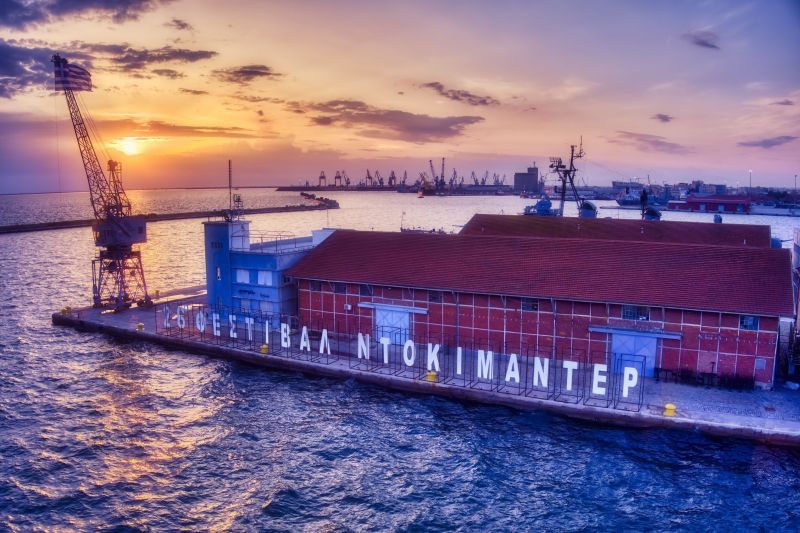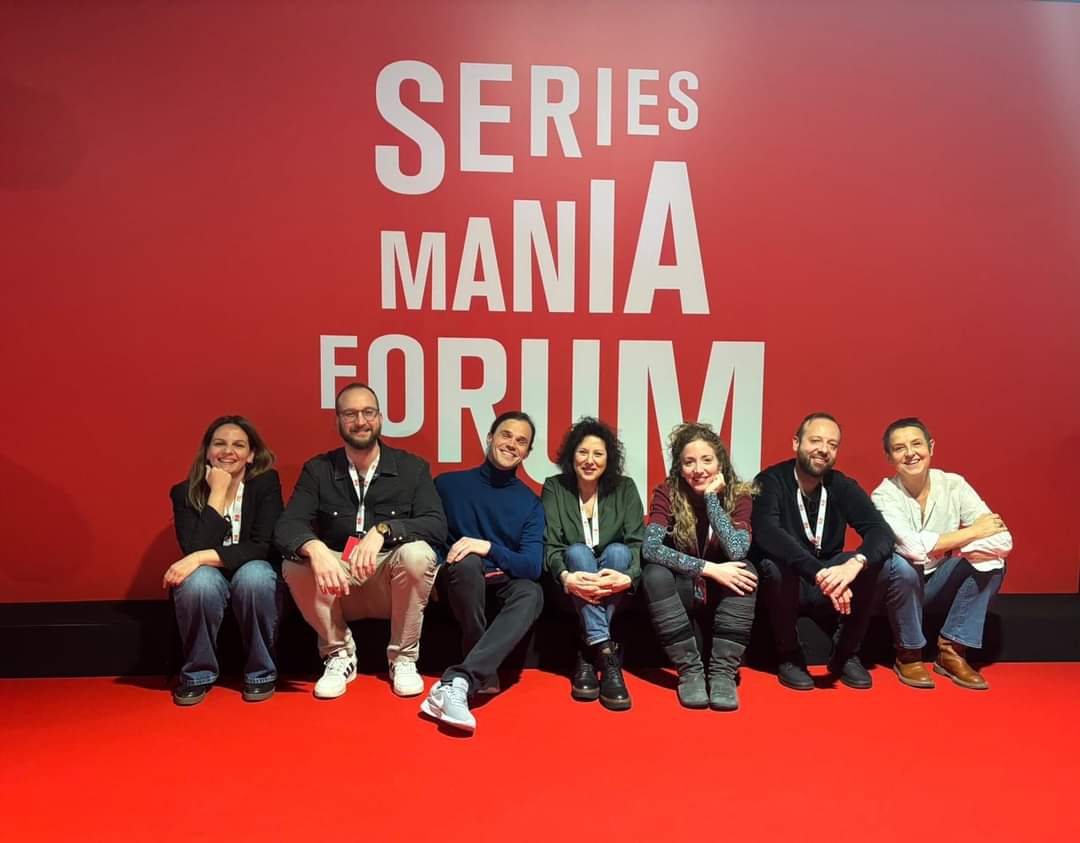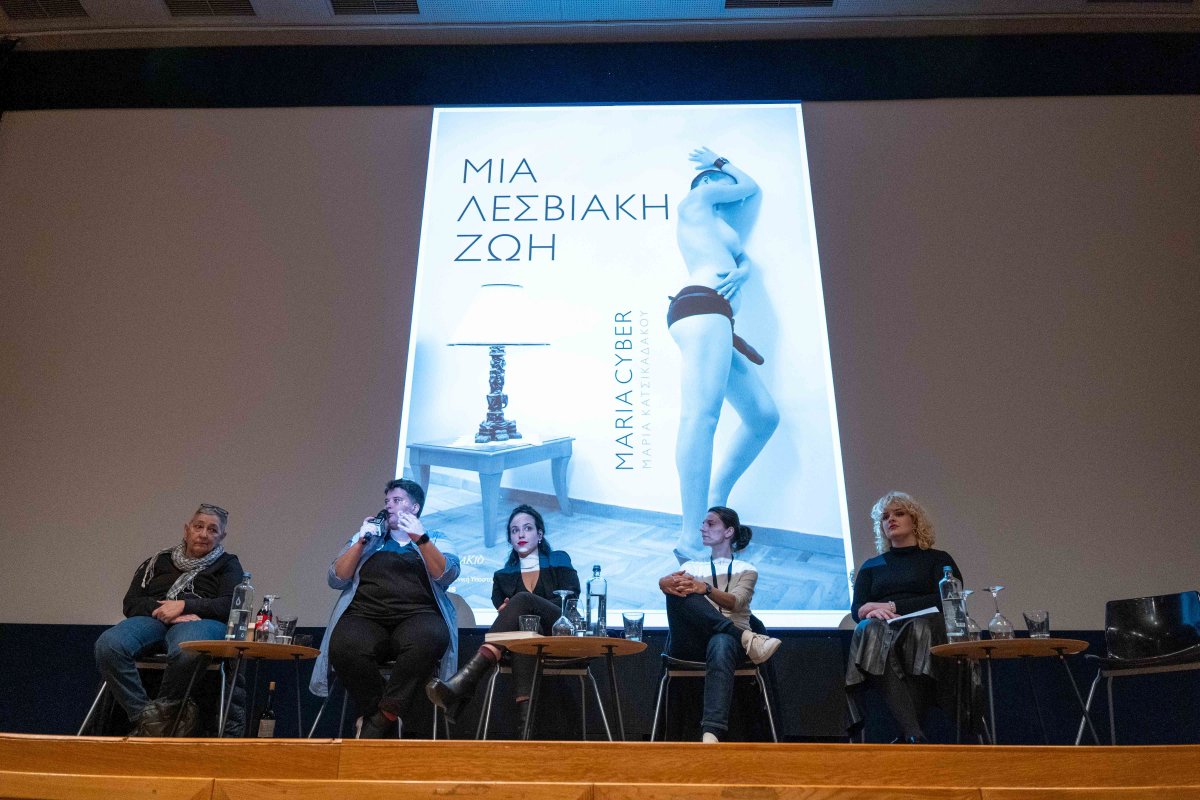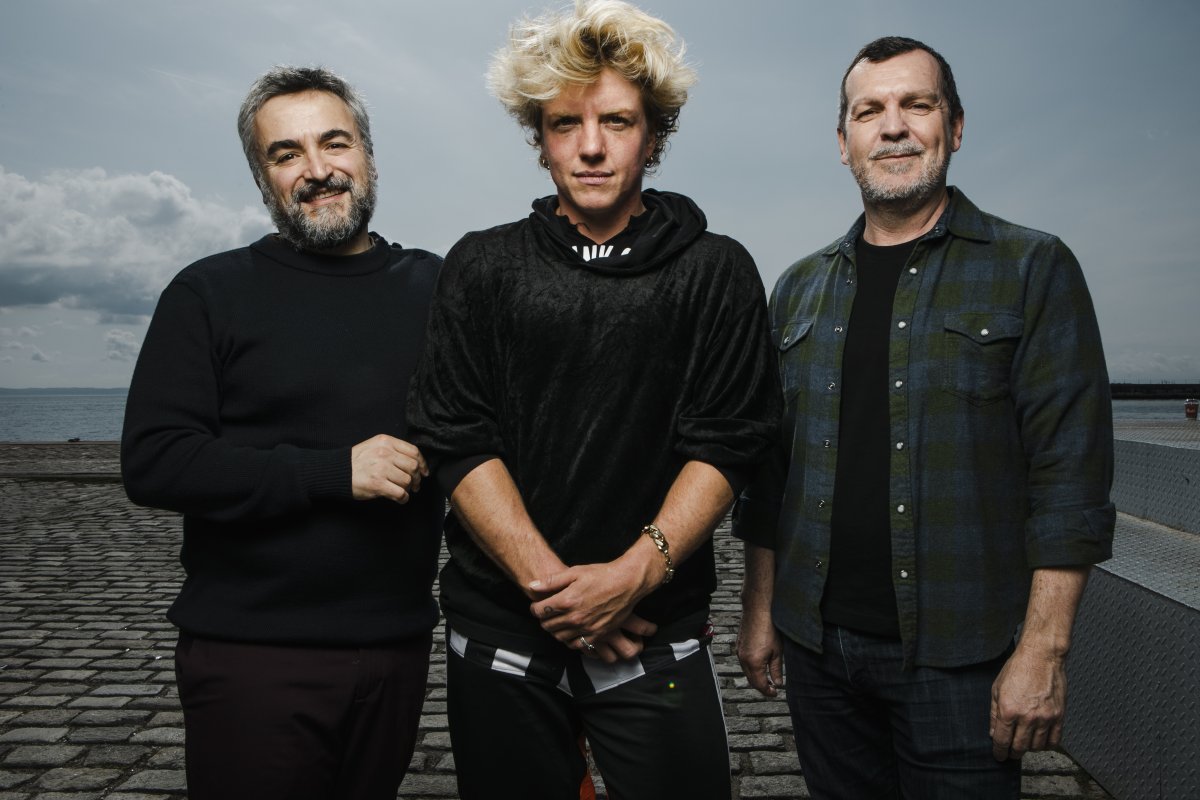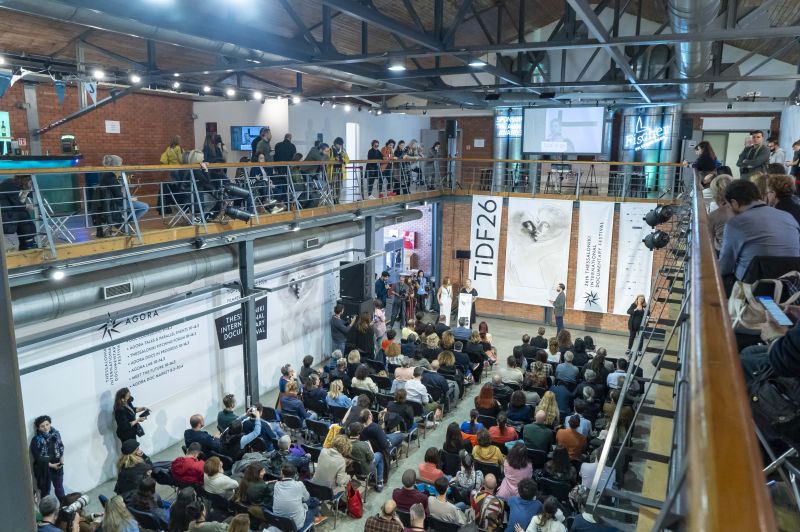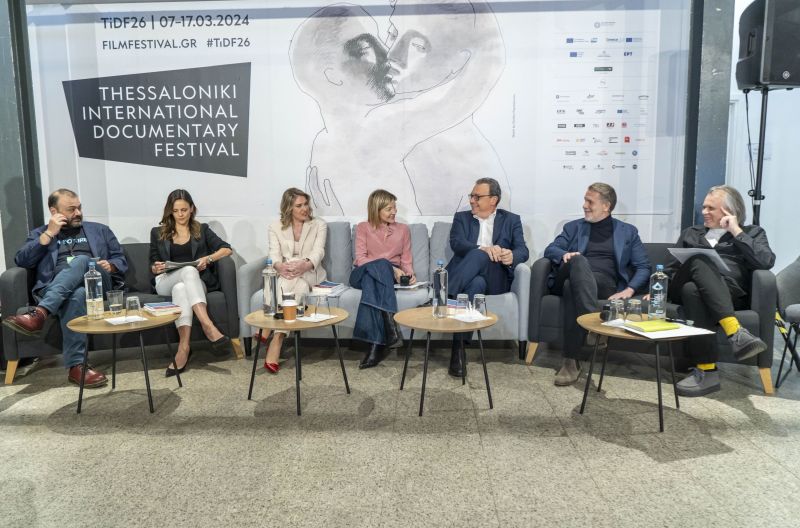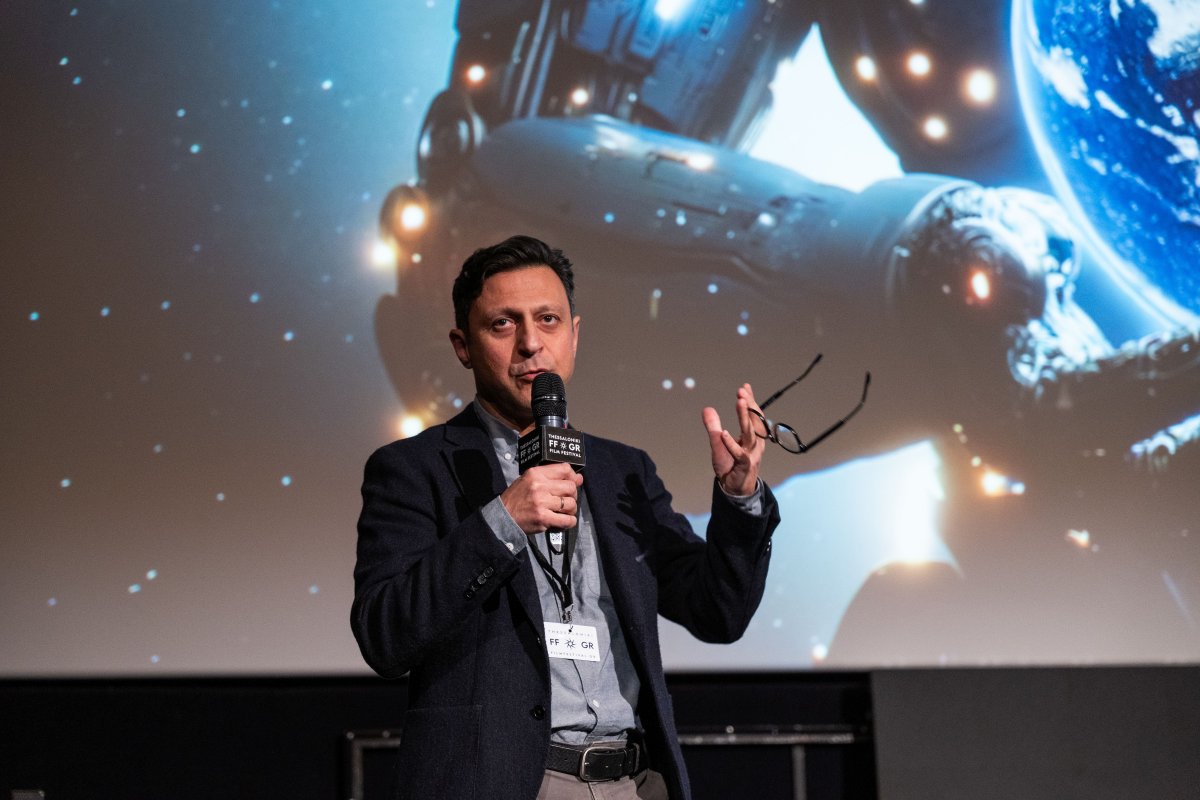Philippe Van Leeuw (The day God walked away), Vassilis Raisis,
(Elvis’s Last Song), Yaron Shani (Ajami), Edwin
(Blind pig who wants to fly), Henrik Hellstrom (Burrowing)
The last 50th TIFF Just Talking session took place on Saturday November 21st at the Old Pump Station down at the port. Journalist Elena Christopoulou was the coordinator of the talk and the participants included: Philippe Van Leeuw (The day God walked away), Vassilis Raisis (Elvis’s Last Song), Yaron Shani (Ajami), Edwin (Blind pig who wants to fly) and Henrik Hellstrom (Burrowing). The talk centered on the feelings that their films awaken, and also on the crucial development process of their characters.
Philippe Van Leeuw, whose film shows the life of a Tutsi woman during the Kigali genocide in Rwanda, stated that his intention was not to show scenes of violence: “I didn’t want to give emphasis to violence. My goal was to show the audience the feelings of a simple everyday type of person with whom each one of us can identify.”
Edwin for his part, wanted to awaken a ‘numbness’ in the viewers through the story of Linda, a Chinese, and her friends in Indonesia. “I dwell on the financial and political situation of the country and the feelings of the people living there, people who make no efforts to get out of the impasse.”
Henrik Hellstrom, who in his film shows a neighbourhood as seen through the eyes of an eleven year-old boy, said: “I tried not to impose my own personal feelings. The endearing child who watches his world falling to pieces is the protagonist. Most of the elements in the films are grounded on logic not on feelings.”
For Vassilis Raisis, whose narrative centres on two young people who see life from a different angle, ‘melancholy’ is the key feeling. “Melancholy is at the core of the film and many people clash against this feeling; they don’t know how to handle it and have no understanding for their fellow beings. This is an issue I have had to confront and I tried to solve it in the film. Basically the question is how we should deal with the dark side we all carry inside of us.”
Yaron Shani’s answer was short and to the point. The feeling he wants to awaken in the audience watching the clashes between Jews, Muslims and Christians in the Ajami neighbourhood of Jaffa is: fear.
The discussion then turned to the characters’ development in the films. Yaron Shani and Philippe Van Leeuw both declared that their respective goals were to make documentary type of films, and this is why both present true stories of people who live in fear and pain. This explains why they used non professional actors in their films: “These people had no difficulty in identifying themselves with the film’s characters: this is the situation they actually live in”, Shani commented. And Van Leeuw added: “If you are dealing with every day lives, you must be with them. I wanted the protagonist to go by her own feelings and memories and not to recite the lines of a script.” Both filmmakers also mentioned the political dimension of their films, emphasizing however that their main interest was to focus on the human dimension: “I focused on political facts to show their impact on the protagonist’s life. My objective was not to take a political stand or to find a balance between killers and survivors”, was Van Leeuw’s comment on this issue. Yaron Shani agreed with him and added: “Reality is far more complex, it never just is a struggle between evil and good as we tend to present it.”



